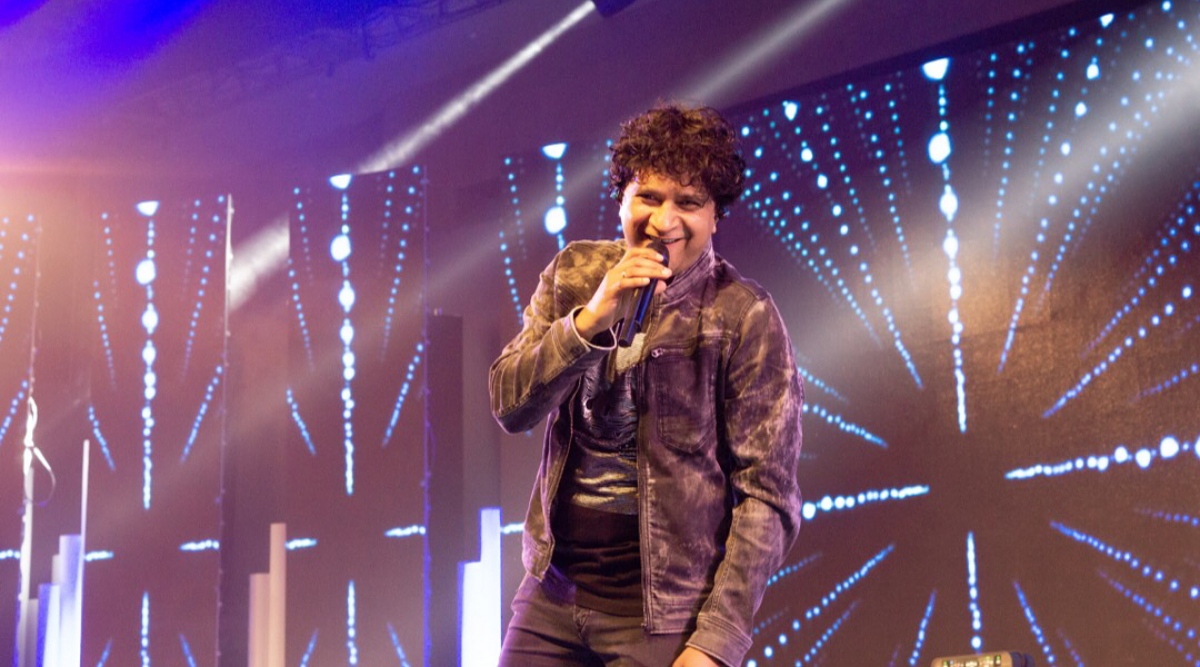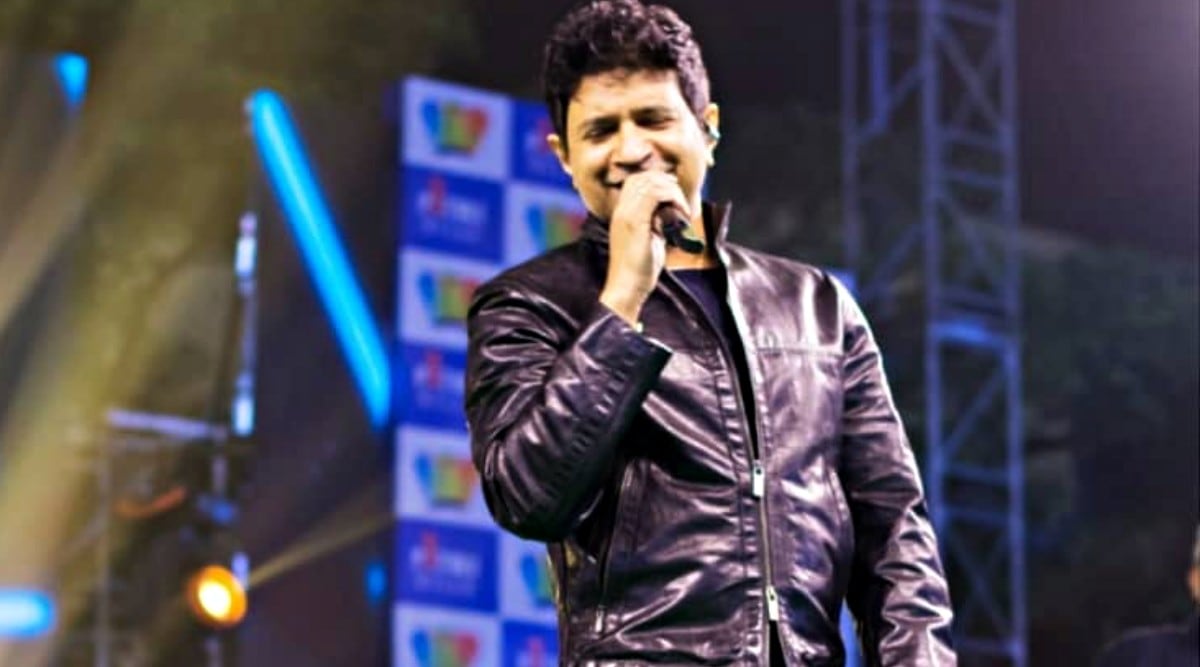 KK passed away at the age of 53. (Photo: KK/Instagram)
KK passed away at the age of 53. (Photo: KK/Instagram)“Hum rahein ya na rahe kal, kal yaad aayenge ye pal…”
In 1999, when this gentle ditty composed by Lesle Lewis hit the music scene, it seemed impossible to box the voice of the song into a strict category. This was not a typical playback voice that could suit the hero but it was different from the usual pop of the time.
A debut album by Delhi-based singer named KK, this piece, in an album named Pal, was sung gently, in tune, but without the frills and flounces of a trained vocalist. One heard this song, harmonised it with life, and let it stay there for every farewell that followed — of friends, family, unrequited love, of one’s favourite artiste. Pal also came with eight other songs but Pyar ke pal, Yaaron dosti and Aap ki dua became milestones, not just musically, but their innocence and evocativeness had the generation growing up in the ’90s wrapped up in it, playing them on loop.
These songs and so many others in so many languages by singer Krishnakumar Kunnath, better known as KK, often stopped time for us. His sudden death at 53, post a college concert, had him at his best last night too. He sang Pyar ke pal… for one last time. It did become his swan song, but that’s the thing about great artistes; the song will waft along young adults growing up. He is survived by wife Jyothy and two children.
Best of Express Premium
 KK passed away in Kolkata. (Photo: KK/Instagram)
KK passed away in Kolkata. (Photo: KK/Instagram) KK grew up in Delhi in a Malayali family, where both his parents were fond of music. His grandmother taught music and KK, who studied in Delhi’s Kirorimal College, grew up listening to Mohammad Rafi, Kishore Kumar, and songs by RD Burman besides those by Billy Joel and Sting. He didn’t enjoy music lessons as a child and never trained in any form and wanted to do medicine. But a keen ear and power to remember exactly what he heard, helped him chart a path in the world of music. Be it desh ki dhadkan for Hero Honda, Nerolac or Colgate, his versatile yet unique voice adjusted in these moulds. TV jingles were followed by title songs for popular 90s shows such as Hip Hip Hurray and Just Mohabbat.
While his first film break came with an AR Rahman song in a film named Duniya Dilwalon ki, what made KK a household name was“Tadap tadap ke in Sanjay Leela Bhansali’s Hum Dil De Chuke Sanam (1999) around the same time Pal found a release. His searing voice in this Ismail Durbar song, just pierced through and became an emotional response for many a broken hearts. While he climbed scales to lift his voice, he followed it with the fun Koi kahe kehta rahe with Shaan and Shankar Mahadevan in Dil Chahta Hai (2001), the evocative Awarapan in Jism (2003) and the soulful Tu aashiqui hai in Jhankaar Beats (2003). So interesting was the voice that it could sing the street style Tune maari entry with as much aplomb as the profound Tu hi meri shab hai in Gangster (2006).
An extremely private person, KK mostly stayed away from manic advertising of himself like the norm is, giving few interviews and mostly staying out of the public eye and controversies. His songs spoke for him, which were mostly paced out. One was never over-exposed to KK’s voice. Not because he wasn’t singing enough, but because he always found himself with a variety of composers and projects which had KK moulding his voice differently for each character. For those of us who listened to him, the voice will remain etched as a salve for the soul, the kind that taught one to be kinder to those around us.
- The Indian Express website has been rated GREEN for its credibility and trustworthiness by Newsguard, a global service that rates news sources for their journalistic standards.

